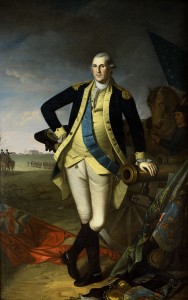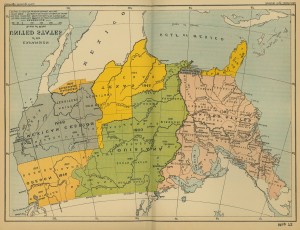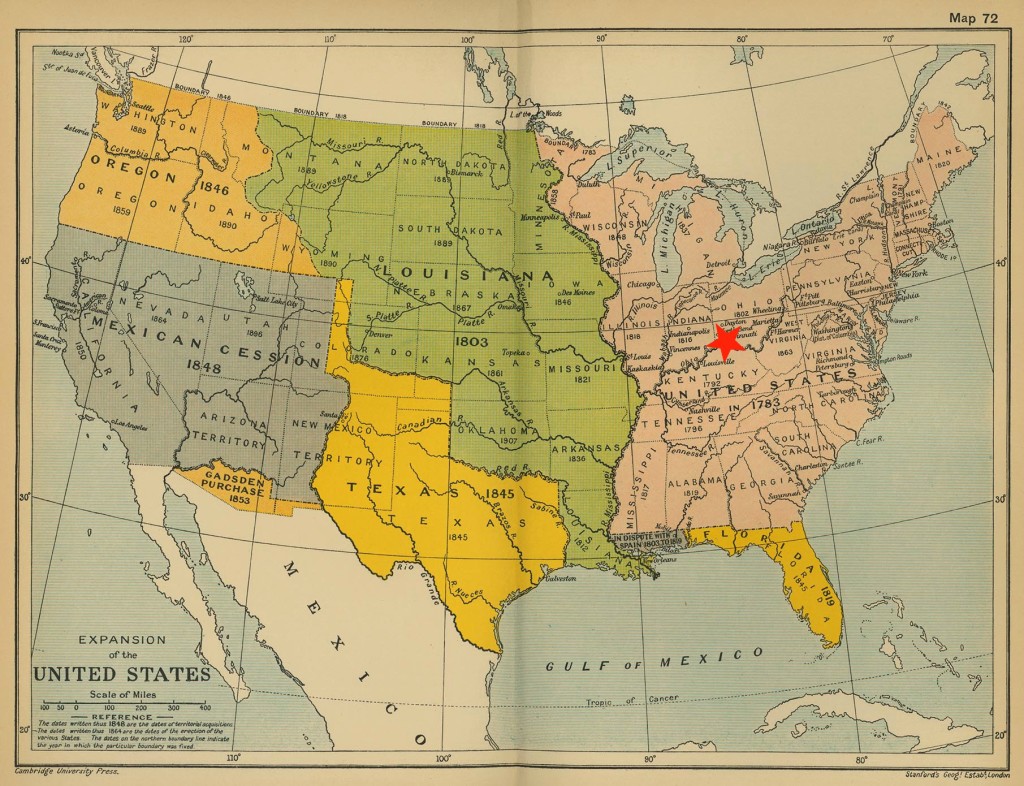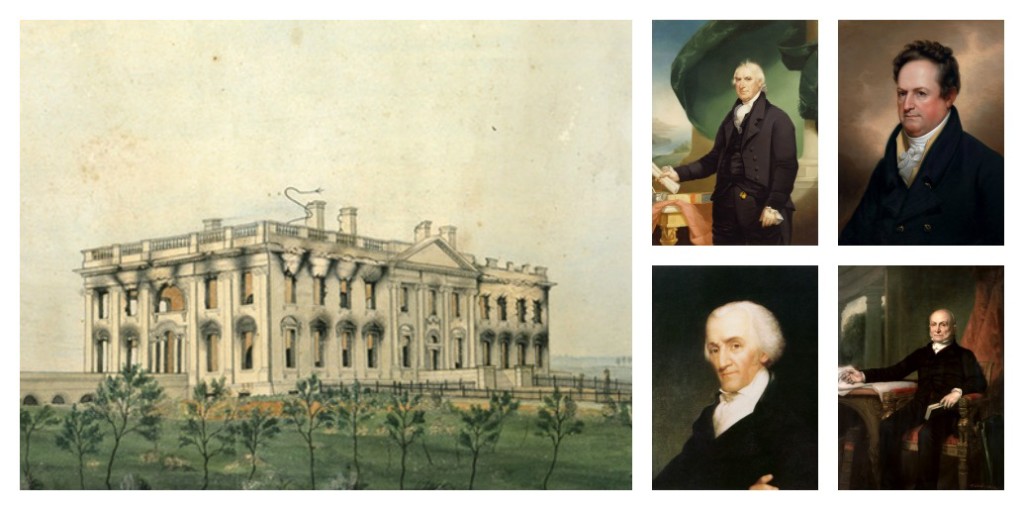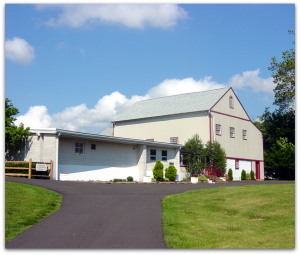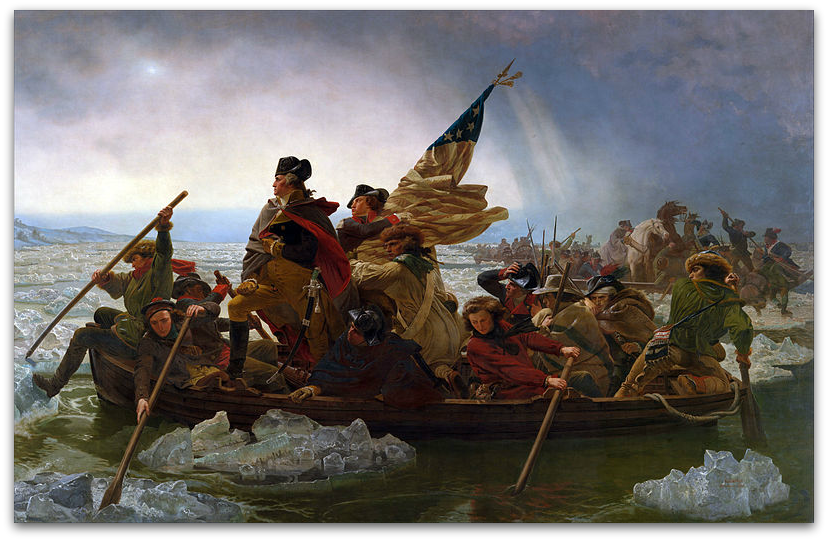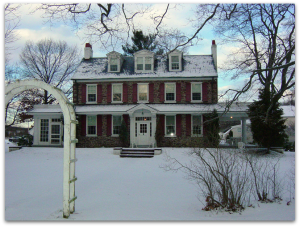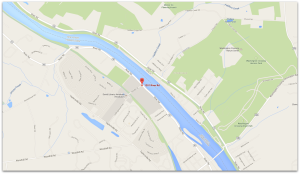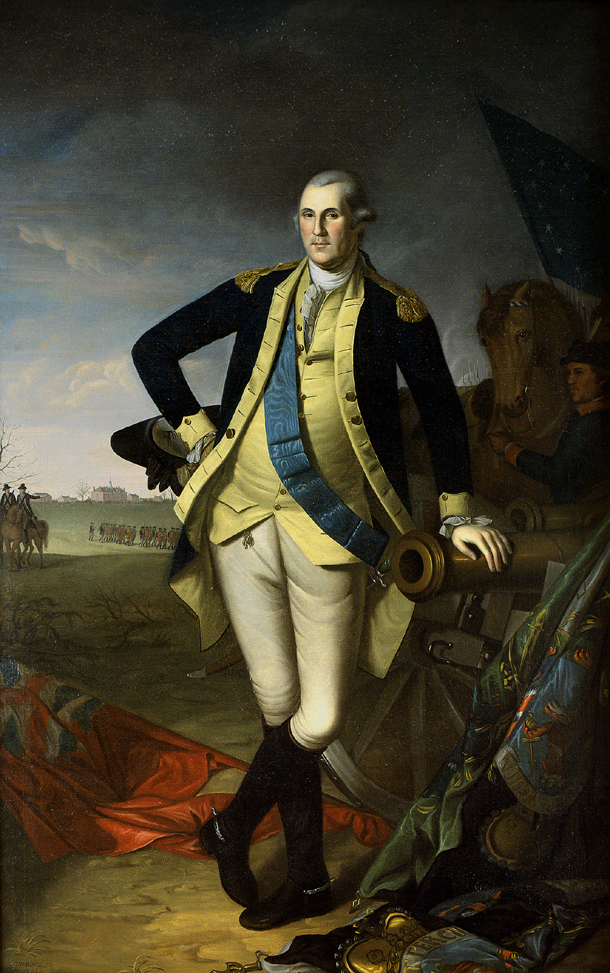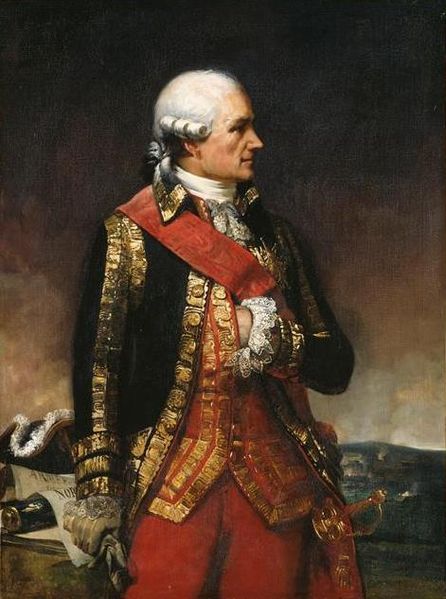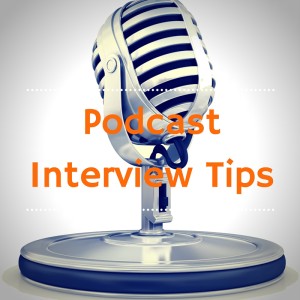 Have you ever been interviewed on a podcast?
In this post, I offer tips that will help you prepare for your next podcast interview.
Have you ever been interviewed on a podcast?
In this post, I offer tips that will help you prepare for your next podcast interview.
6 Tips For Your Next Podcast Interview
1. Research the podcast and its host
If you want to thrive during your next interview, take an hour or two to research the host and listen to their show.
Knowing the format of the podcast and the background and interests of its host can help relieve pre-interview anxiety about what the host may ask you.
Most podcast hosts seek conversationalists. If you take the time to research the show and host, you will glean information you can use to engage the host in conversation.
Pro Tip: Most podcast hosts do not send questions in advance of an interview.
2. Provide value for the audience
Your primary function as a podcast guest is to provide value for the audience.
Hosts invite guests because they believe the guest can provide their audience with valuable information and unique insights. Honor this by reviewing the information you have been asked to talk about and by researching the show you will appear on.
Pro Tip: Podcasters listen to podcasts and they talk to each other.
If you perform well as an interviewee, you will not only provide value for the show’s audience, but you will pique the interest of other podcasters who might want you to appear on their show. Good interviews often beget more interview opportunities.
3. Respond to questions and converse as if the audience were in the room
The next time you tune in to Terry Gross or another experienced radio interviewer, listen to how they speak and ask questions.
They speak as though their audience is in the room taking part in the conversation.
For example, seasoned interviewers don't often say "Listeners, in her book about George Washington's favorite foods, Janet describes how Washington preferred corn-based hoe cakes to buckwheat pancakes."
They say "In her book about George Washington's favorite foods, Janet describes how Washington preferred corn-based hoe cakes to buckwheat pancakes."
Or, "As you may know, Janet describes how George Washington preferred corn-based hoe cakes to buckwheat pancakes."
Imagine you are speaking in front a live audience during your interview; picture them in front of you.
Pro Tip: When you include listeners in the conversation, you will draw in your audience and they will be more interested in what you have to say.
4. Watch where you hold your phone during a telephone interview
Hold the receiver of your phone so it sits on or near your jaw line, not in front of your mouth.
This placement will help cut down on heavy breath sounds and the "popping" produced by the hard sounds of Ps, Cs, CHs, Ks, and Ts.
5. Be aware of background noise; don't fidget
Ideally, you will participate in your interview in a quiet room. While in said room, remember that leaning back in your chair, typing on your keyboard, and other types of movement and fidgeting produce sound that your phone may pick up.
Pro Tip: Be sure not to lean on your phone if it is a wireless handset. Leaning may cause you to press buttons while you talk, which the audience will hear.
6. Learn how to use Skype and consider investing in a decent microphone
If you plan on appearing as a podcast guest, learn how to use Skype. Most podcasters conduct their interviews through that service.
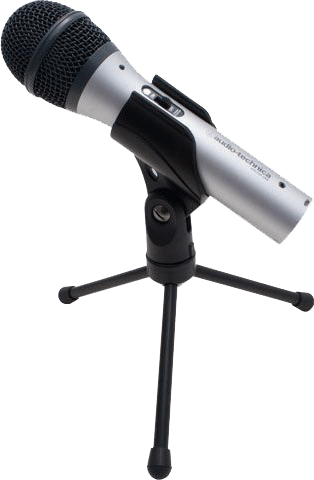 Also, consider investing in a decent microphone.
Also, consider investing in a decent microphone.
Many podcasters love the [simpleazon-link asin="B004QJOZS4" locale="us"]Audio-Technica ATR2100[/simpleazon-link]. This versatile mic sounds great and Amazon periodically places it on sale for about $30.
Regardless of what mic you purchase, don't skimp! Purchase a [simpleazon-link asin="B0002GXF8Q" locale="us"]pop filter[/simpleazon-link] and [simpleazon-link asin="B00YOQZQUU" locale="us"]table-top stand[/simpleazon-link] to go with it.
The pop filter (foam cover or mesh screen for your mic) will soften the popping sounds made by hard letters. The stand will help ensure that you keep the mic at a consistent distance from your mouth and that you don't fidget with and drop it during your interview.
Pro Tip: There are over 250,000 podcasts. Opportunities to participate in podcast interviews increase every day.
Conclusion
The above techniques represent best practices. If followed, they will help you sound great and come across as a professional-sounding guest that any podcaster would like to have appear on their show.
Interviews often beget other interviews. Make the most of each opportunity.

